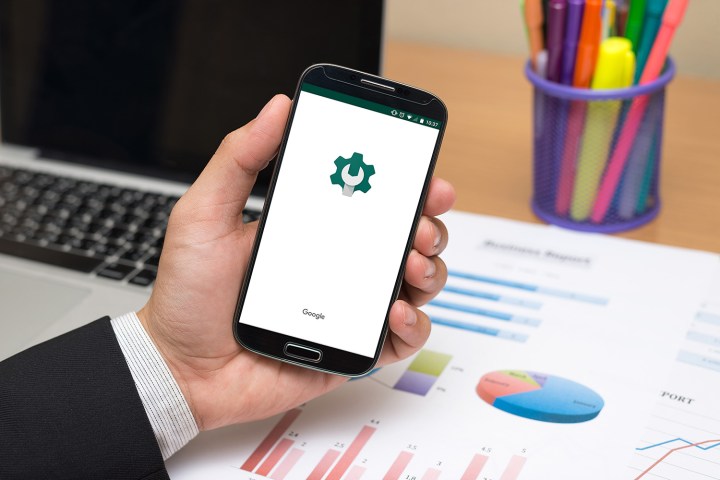
That’s due to a previously announced update to Google Play Services, the core Android component that synchronizes contacts, keeps privacy settings up to date, drives lower-powered location-based services, and provides third-party apps with invaluable resources. Google Play Services 10.2.0 drops support for API level 9, the most recent development resource library supported by Android Gingerbread. The new minimum API — level 14 — was introduced in 2011 alongside
That doesn’t mean Gingerbread devices — or apps that have already been installed — will suddenly stop working. Rather, they’re likely to see fewer updates as developers migrate to newer devices and versions of Android — going forward, apps will still have access to Google Play Service’s older libraries, but those updated to 10.2.0 and newer will lose Gingerbread compatibility.
Gingerbread wasn’t the only version of Android to receive the ax. Honeycomb, the first tablet-optimized version of
That’s not exactly cause for worry — Gingerbread is far from ubiquitous. It represents about 1.3 percent of Android users, as of Google’s last usage report. Honeycomb’s share is an estimated 0.1 percent. And Google says it believes “that many of these old devices are not actively being used.
In fact, Android version 6.0 Marshmallow represents the vast majority of users, with a 30.7 percent share of the market.
In other news, Google Play Services 10.2.0 brings welcome additions to Android’s growing feature roster. Developers using Google Fit, Google’s eponymous workout platform, can now monitor health data like blood pressure, blood glucose, oxygen saturation, body position, body temperature, and reproductive health data. Games on Google’s cloud-powered gaming platform, meanwhile, can now tap a more efficient method to sign users in. And there’s an improvement to Ads tools, including support for video assets.
Editors' Recommendations
- The 6 biggest announcements we expect from Google I/O 2024
- Google’s Android monopoly finds its biggest challenge, and Apple might be next
- Google launches Switch to Android app to chirping crickets
- Google Pixel 3 and Pixel 3 XL: Everything you need to know
- Microsoft Surface Duo 2 vs. Samsung Galaxy Z Fold 3: Which reigns as king?
